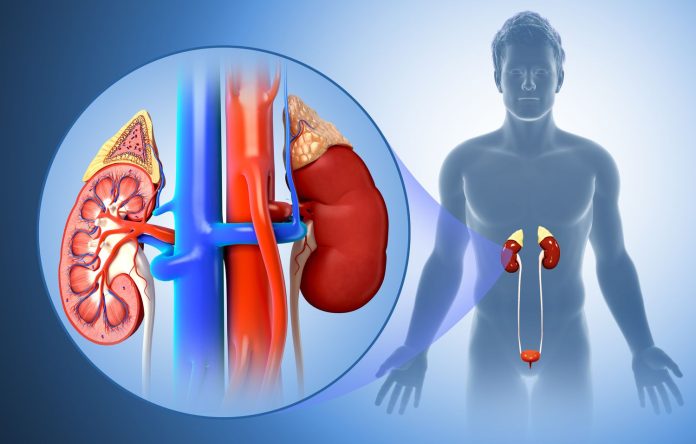Many people live with a variety of kidney disorders and the majority of people don’t know about the issue. This is the reason why kidney disease is often referred to as a “Silent Killer” since the majority of people don’t experience any change until the disease has progressed. While many people have their blood sugar, pressure levels and cholesterol levels regularly checked but they do not get an easy creatinine test in their blood to identify any kidney issues.
Table of Contents
Always Tired
Kidneys eliminate the blood of waste and release it in your urine. If your kidneys aren’t functioning correctly, toxins accumulate. The most common sign is fatigue. You might feel exhausted or weak, or experience difficulty concentrating. Kidneys create a hormone which instructs your body to produce red blood cells. If you don’t have enough of them, your blood won’t provide enough oxygen to your brain and muscles as they require.
Stress
Studies have revealed a possible connection between sleep apnea and chronic kidney diseases (CKD) which, can cause organ damage and can result in kidney failure. Sleep apnea could harm your kidneys because it prevents your body from receiving sufficient oxygen. CKD can cause sleep apnea through closing your throat, causing toxin accumulation, and many other ways.
Irritated Skin
It could happen because your kidneys don’t eliminate toxins, and they accumulate within your blood. It can cause an itchy rash or cause you to scratch all over. In time your kidneys may not be able to regulate the mineral and nutrient levels within your body. This could result in bone and mineral diseases, which could cause your skin to become very dry, itchy and itchy.
Swelling
If your kidneys don’t eliminate sodium effectively and fluids are accumulating within your body. This can cause puffy feet, hands and ankles, legs or a puffy facial appearance. You may notice swelling, especially around your ankles and feet. The protein that leaks out of your urine may be seen as puffy eyes around your eyes.
Muscle Issues
Leg cramps or other areas could be signs of kidney dysfunction. Unbalanced levels of calcium, sodium and potassium or other electrolytes could disrupt the way your nerves and muscles function.
Shortness of Breath
If you suffer from kidney problems, the kidneys do not produce enough hormone known as erythropoietin. The hormones tell your body to produce Red blood cells. If you don’t, you could experience anemia and feel tired. Another reason is the buildup of fluid. It’s possible that you’ll have difficulty catching your breath. In severe cases lying down can cause you to feel like you’re in a puddle.
Hazy Head
If your kidneys aren’t able to filter every waste from your body, the toxins could influence the brain. Anaemia can also block your brain from getting the oxygen it requires. You might feel dizzy and struggle in concentrating and remembering. It is possible to become overwhelmed that you are having difficulty with even simple tasks.
Absence of Hunger
Kidney disease can trigger nausea and vomiting, as well as upset stomachs. This can leave you with no desire for food. This can cause loss of weight.
Foul Breath
If your kidneys aren’t able to eliminate waste, it could result in a condition called Uremia. It can also cause your mouth to smell. In addition, toxins that are present in your bloodstream could make food taste metallic or off-flavour.
Frothy Brown, Frothy or Ridiculous Pee
The poopy pee may be an indication of excessive albumin, a protein. It could be the result of kidney problems. Also, you can experience brownish or pale urine. In addition, kidney dysfunction could allow blood to get into the bladder. Urine blood could be the result of renal stones or tumors or an infection.







